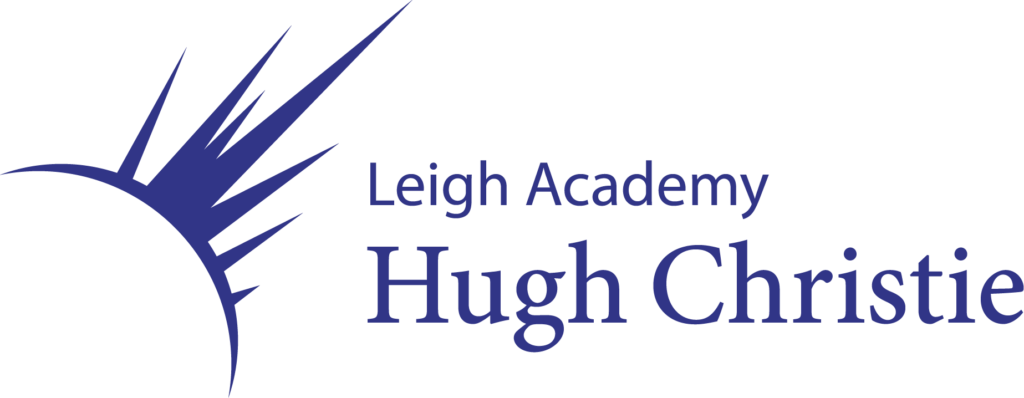In year 10, students will cover component 1, be assessed in the Spring term and the partially complete component 2, finishing said component in the autumn term where they are assessed again. These components are also synoptically assessed in the 3rd component via an external exam in year 11. The qualification enables learners to develop transferable skills, such as researching, planning, and making decisions and judgements. In travel and tourism we encourage the value of learning said skills, knowledge and vocational attributes which complement GCSEs to such as Geography and Business, and many different future pathways
Curriculum Intent
If you’re curious about the world, dream of visiting distant countries, and wonder how to explore different cultures, Travel and Tourism is the perfect option for you. As one of the fastest-growing sectors in modern Britain, the travel industry offers a wealth of opportunities. Gaining an understanding of travel and tourism, the economic benefits, and its impact on local and global communities is essential.
When combined with subjects like Business or Languages, Travel and Tourism can help you become an expert in the field and set you on a path toward a career in the travel industry. The course equips students with transferable skills that boost confidence in exploring diverse cultures and promoting travel to destinations worldwide.
Our passionate team is dedicated to supporting and challenging students, providing the tools needed to excel in their exploration of the world.
Our goal is to deliver a high-quality, engaging education that introduces students to the world of travel and tourism. Through this course, students will explore essential aspects of the industry, such as accommodation, tourism development and promotion, transportation, and visitor attractions. They will gain insight into the significance of the travel and tourism sector in the UK, investigate different customer types, and explore key UK destinations. Additionally, students will have the opportunity to study international travel and tourism.
This qualification enhances students’ Cultural Capital by supporting both academic achievement and engagement in wider society.
Students will develop a broad range of skills, many of which are transferable and applicable across various subjects and future career paths post-16. These include:
- Locational knowledge
- Global awareness
- Research skills
- Independent learning
- Communication skills
- Customer awareness
- Report writing
- Project management
- Map and atlas skills
- Graphical skills
- Numerical skills
- Data interpretation
- Comparative analysis
- Problem-solving
- Teamwork
- Reflective skills for continuous improvement
ks4: Travel & Tourism
Travel and tourism is the study of how and why people travel. We study many different types of tourism, from the exhilarating adventure side of tourism to the sophistication of business travel. Tourism is a rapidly changing industry, and the Pearson BTEC Level 1/Level 2 Tech Award in Travel and Tourism is for learners who want to learn more about the Travel and Tourism industry by studying the aims, products and services of different travel and tourism organisations, their use of consumer technologies, the features of tourist destinations, how organisations meet customer needs and preferences, and the influences on global travel and tourism. In this course, students will study three components. The first two components are both worth 30% of their overall grade and assessed by ‘Pearson Set Assignments’ which are assignments set by the exam board during a certain assessment window. These assignments are marked by the travel and tourism team, and the grades and coursework are moderated by the exam board.
You will explore some of the key areas within the sector, including accommodation, tourism promotion, transport, and visitor attractions. You will investigate the importance of the Travel and Tourism sector to the UK and investigate different types of customer and UK destinations. You will also have the opportunity to study the range of factors which influence the international travel and tourism industry. It is aimed at learners who want to acquire sector-specific applied knowledge through vocational contexts
Over the course you will study the following three compulsory units, covering the knowledge and practical skills required to work in the industry:
- Component 1: Travel and Tourism Organisations and Destinations (30%)
- Component 2: Customer Needs in Travel and Tourism (30%)
- Component 3: Influences on Global Travel and Tourism (40%)
Students will finish Component 2, worth 30% of their overall grade, students will complete their second assignment in the autumn term. This is assessed by ‘Pearson Set Assignments’ which are assignments set by the exam board during a certain assessment window. These assignments are marked by the travel and tourism team, and the grades and coursework are moderated by the exam board. Building upon knowledge learned in year 10 and the start of year 11, the 3rd component is an exam unit which will be assessed via an exam set by Pearson during the summer term which incorporates new content, as well as many synoptic links and is not covered until year 11. This allows students to practise skills and knowledge learned in the first two components, as well as adding more complex content on factors that influence the tourism industry. This exam is marked and moderated externally via the exam board and makes up 40% of their overall grade. This qualification enables learners to develop transferable skills, such as researching, planning, and making decisions and judgements. In travel and tourism we encourage the value of learning said skills, knowledge and vocational attributes which complement GCSEs such as Geography and Business, and many different future pathways.



